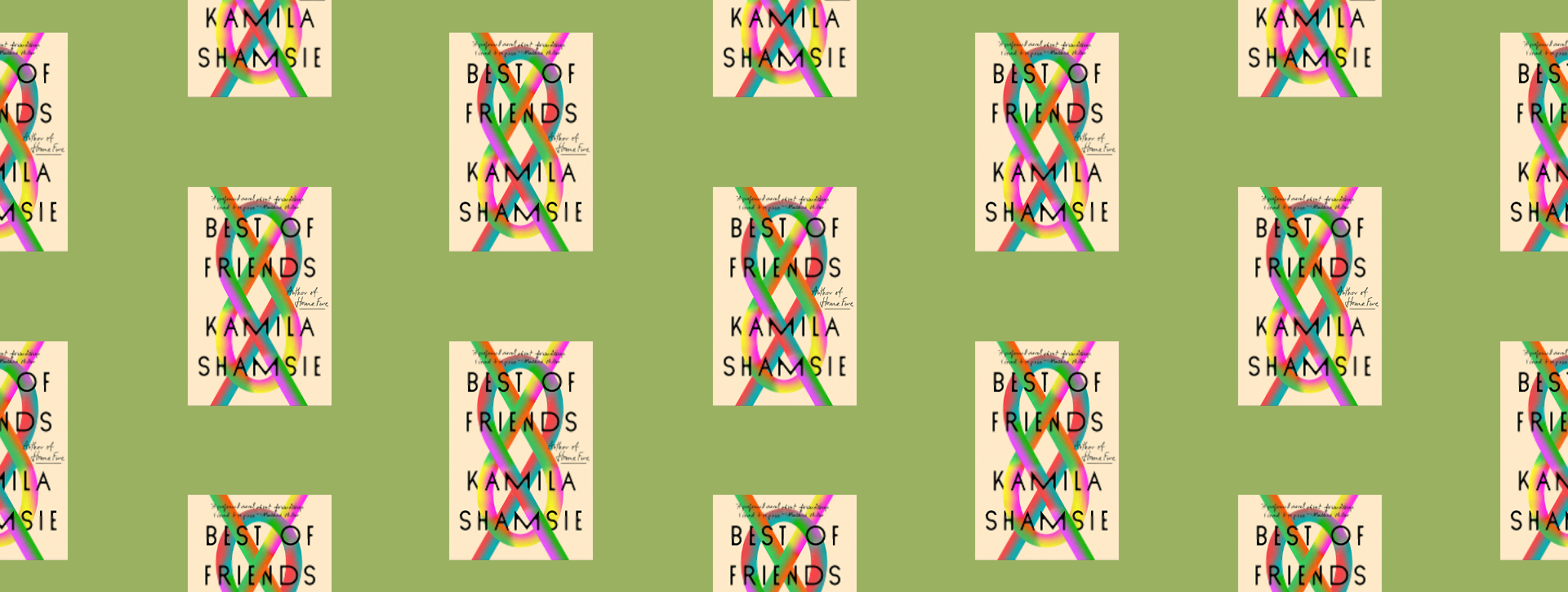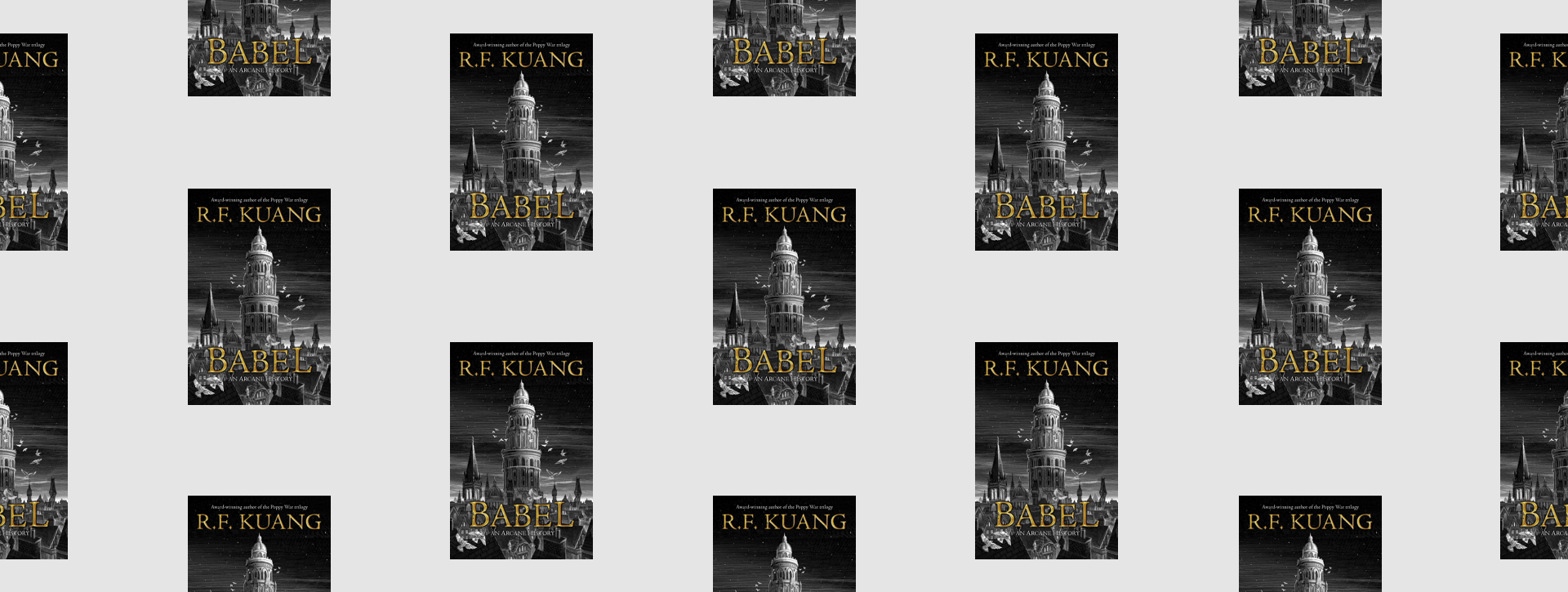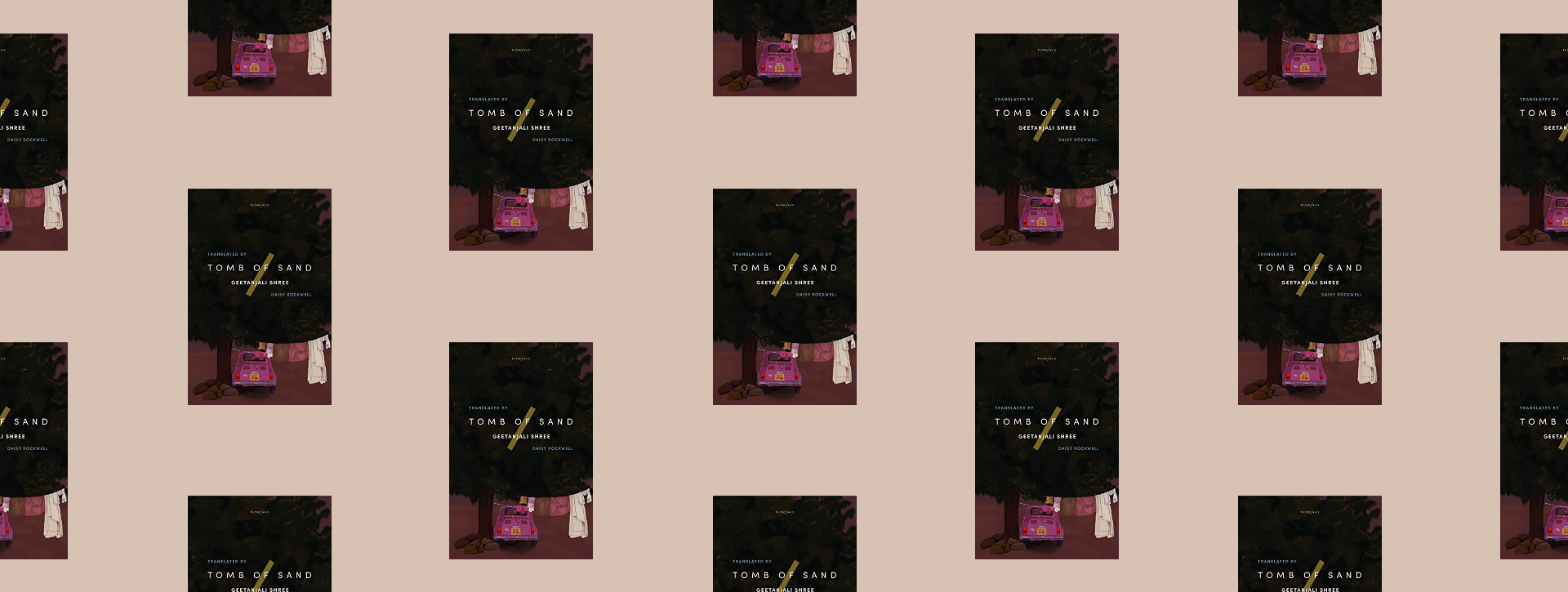Maria, Maria and Other Stories
Maria, Maria is a playful, witchy collection of short stories written in different experimental formats. While I didn’t fall head over heels, I had a lot of fun reading this one.
The Birdcatcher
The Birdcatcher is a slightly challenging but engaging novel that explores friendship, creative expression, and mental illness. Gayl Jones is a master, and it shows here.
Best of Friends
Best of Friends is a quieter, lower-stakes novel than Home Fire, but it still crackles with scenic electricity. The character work here is also excellent. I liked it a lot.
If I Survive You
If I Survive You is a strong, compelling collection of connected stories about a family of Jamaican men living in Miami. I enjoyed it quite a lot.
Age of Vice
Age of Vice is a super-readable literary crime novel set in India. While I didn’t love it as much as some others (crime isn’t my genre), I definitely read it quickly and enjoyed it.
Stories From the Tenants Downstairs
Stories From the Tenants Downstairs is a seriously impressive debut story collection. I’m particularly partial to linked story collections, but still. No skips.
The Undocumented Americans
The Undocumented Americans is a moving, well-written memoir-in-essays that does exactly what I want from nonfiction: it helps open my understanding of the world and other people.
The Spear Cuts Through Water
The Spear Cuts Through Water is a sweeping, imaginative, gorgeously and uniquely told story that completely knocked my socks off. I highly recommend listening to the audiobook as you read along in print.
Never Let Me Go
Never Let Me Go is a quietly eerie, thought-provoking book with a strong first-person narrator. It’s engaging and will stick with you long after you finish it.
Book Lovers
Book Lovers is a compulsively readable, super smart book that takes a common trope (small-town romance) and and subverts every single element. Reading it was very fun.
The Overstory
The Overstory is a sprawling, beautiful novel about trees, activism, and interconnectedness — both between us and the planet, and with one another.
The Galaxy, and the Ground Within (Wayfarers #4)
The Galaxy, and the Ground Within ends the Wayfarers books on a strong note, although it also feels the most like Chambers’ Monk & Robot books. I liked it and recommend it!
A Taste of Gold and Iron
A Taste of Gold and Iron is a standalone fantasy with a queer central romance, and it hooked me HARD. The characters and their arcs are so exquisitely crafted that I didn’t even mind the slow burn. LOVED.
Record of a Spaceborn Few (Wayfarers, #3)
Record of a Spaceborn Few is yet another emotional little space story from our liege, Becky Chambers. I loved how this one explored cultural grief.
How High We Go in the Dark
How High We Go in the Dark is a heartfelt, unsettling book set in a near future riddled with plague and climate change. I enjoyed some chapters more than others, but liked the book overall.
Babel, or The Necessity of Violence: An Arcane History of the Oxford Translators’ Revolution
Babel is the standalone, low fantasy, dark academia, alternative history of our dreams. R.F. Kuang has written a great story that looks unflinchingly and creatively at the devastation of colonization.
Tomb of Sand
Tomb of Sand, translated to English from the Hindi, is a masterpiece of both storytelling and translation. I’ve simply never read anything like it.
Nightcrawling
Nightcrawling is a brutal, heartbreaking, beautifully written book that just as often feels like poetry from an astounding young talent. I, like everyone else, can’t believe Leila Mottley published this at 19.
Second Place
Second Place is one I respected more than enjoyed, but I definitely didn’t hate it. It has a strong, resonant, effective narrator voice that impressed me.




















